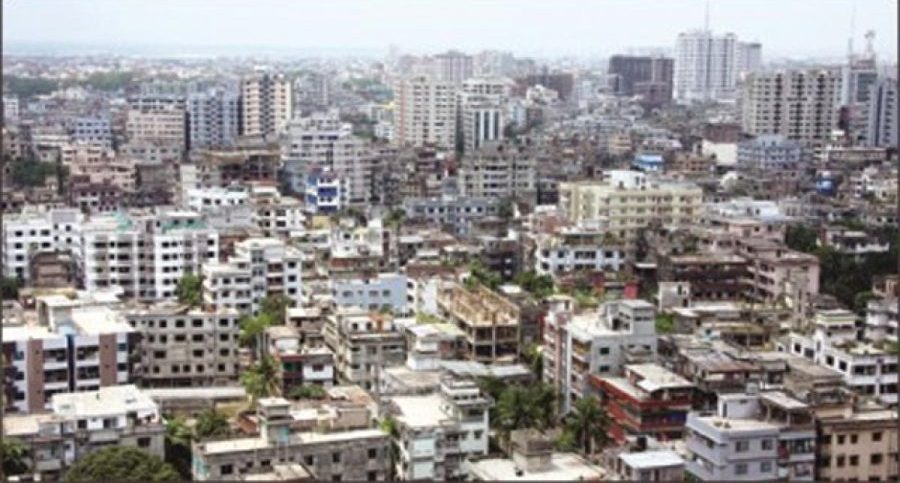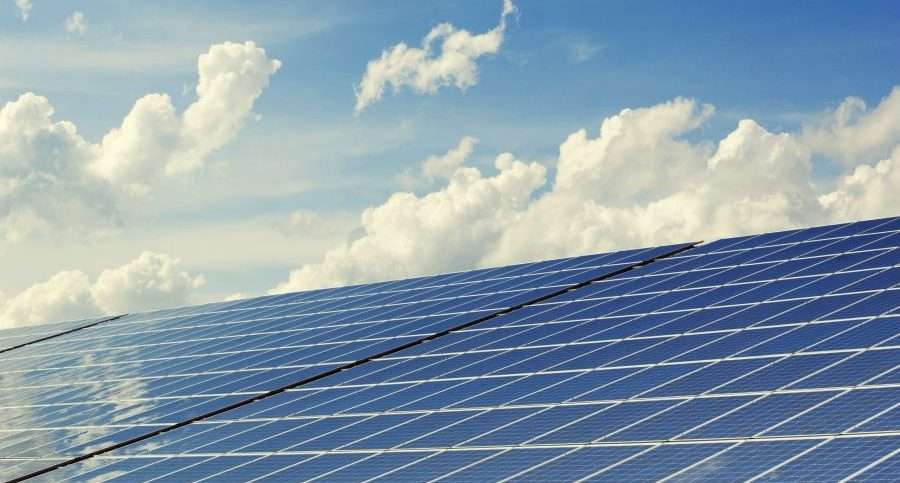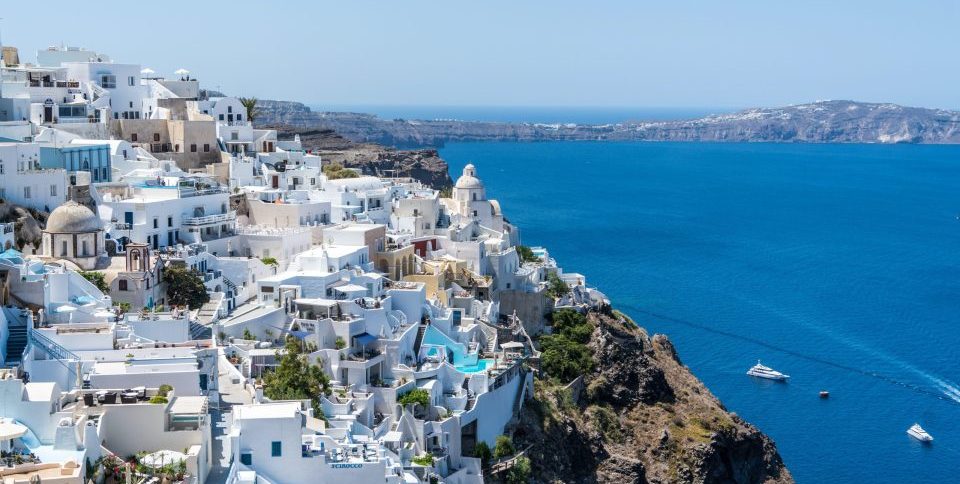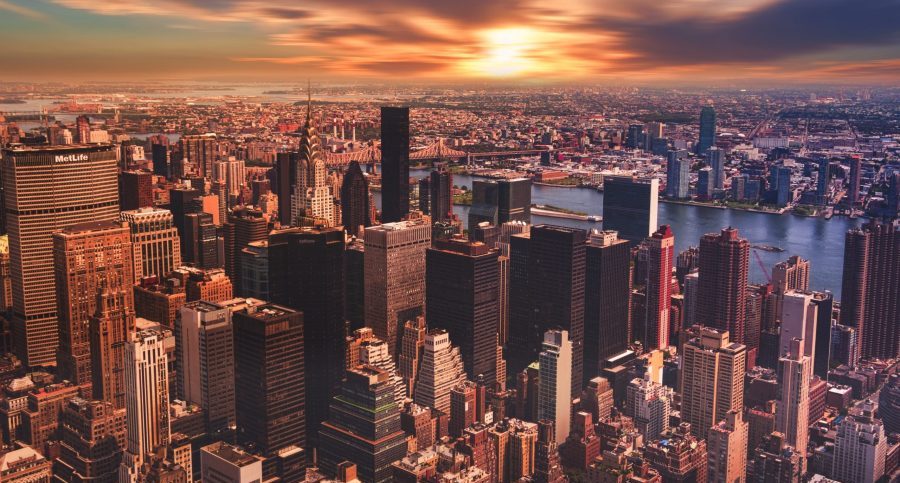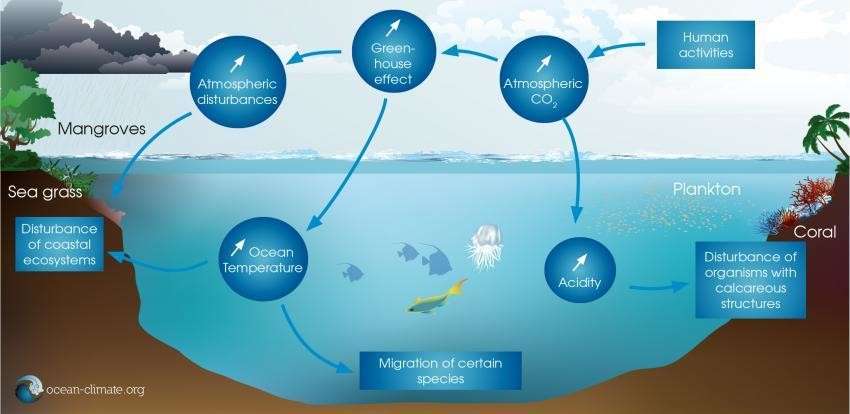Nature-Based Solutions to Climate Change
Very often climate change solutions and mitigation techniques focus on new technologies. For many reasons, technology should not be relied on for the answer. Nature-based solutions can be helpful and should not be forgotten; they might even be preferable for a variety of reasons: practical, ecological and philosophical. We often are caught up in the […]
Nature-Based Solutions to Climate Change Read Post »
Environment, Science, Sustainability




















